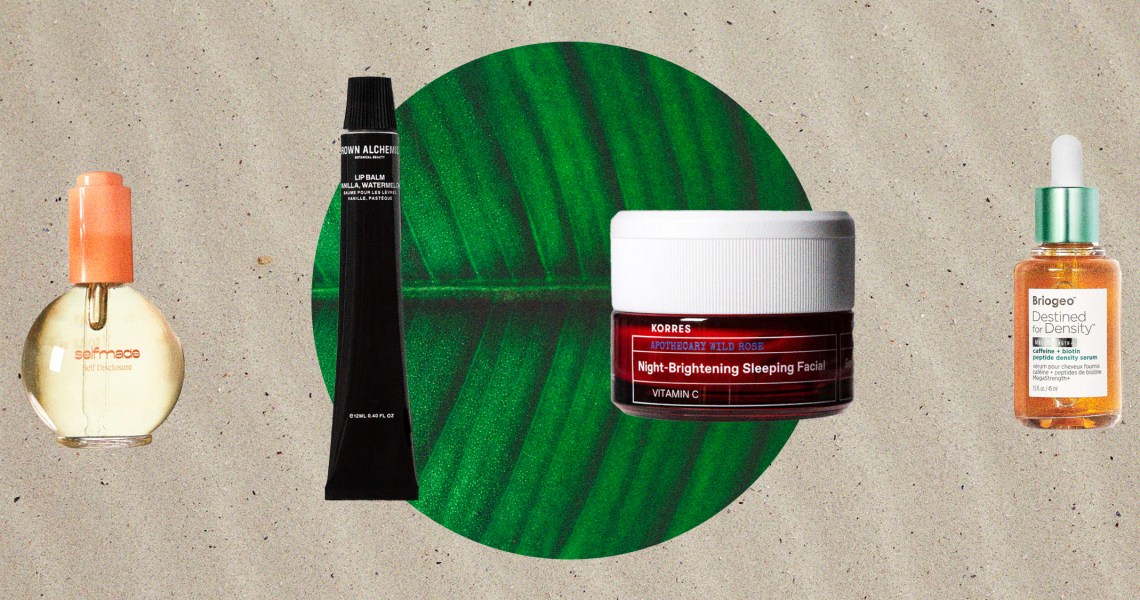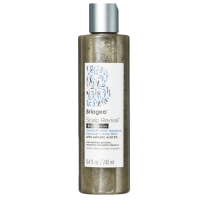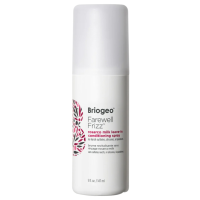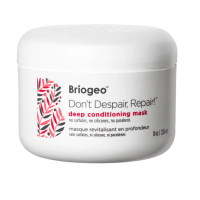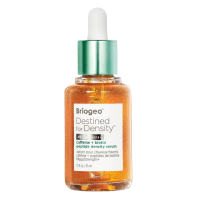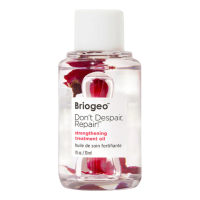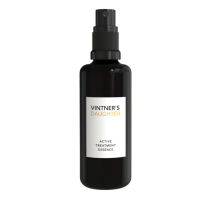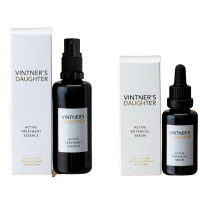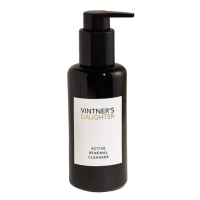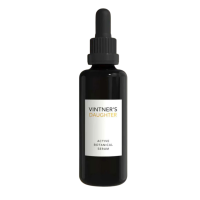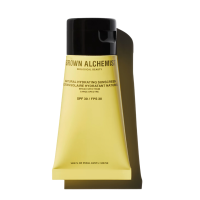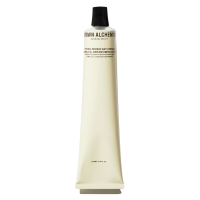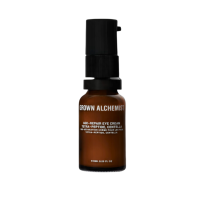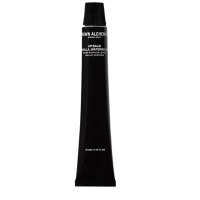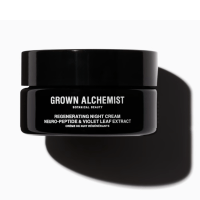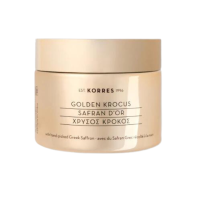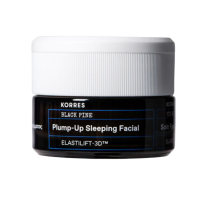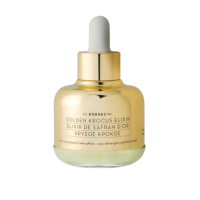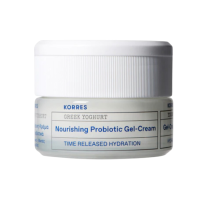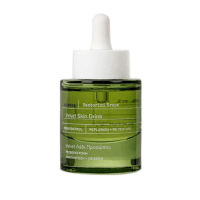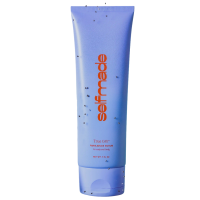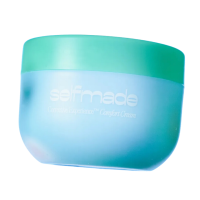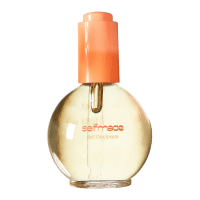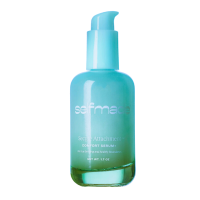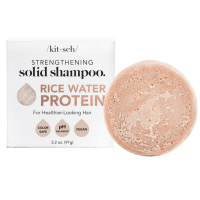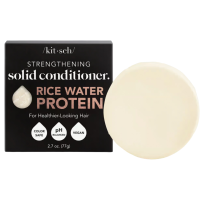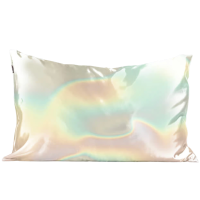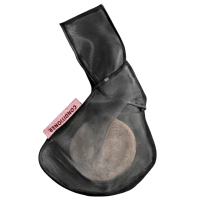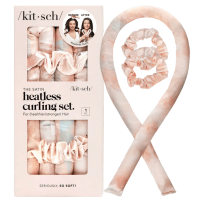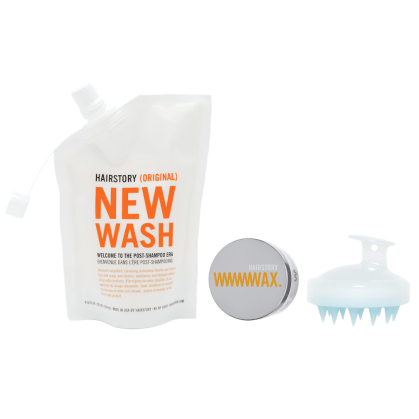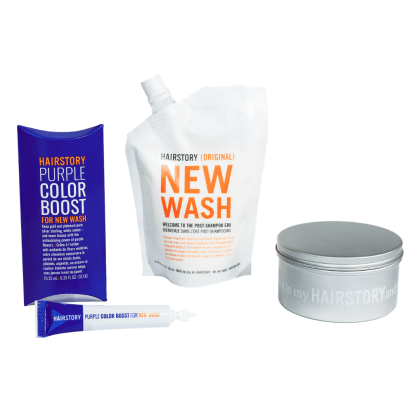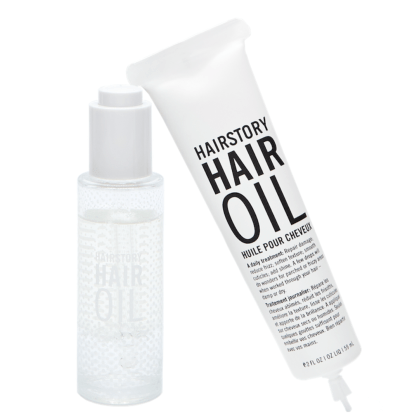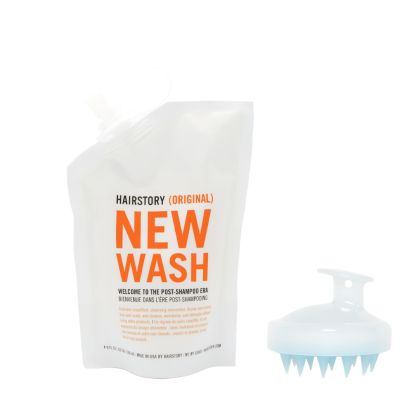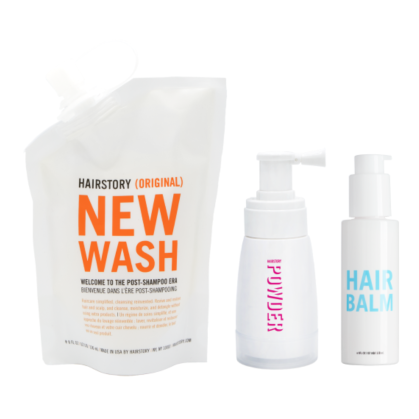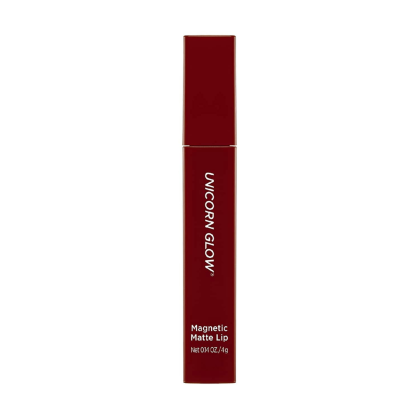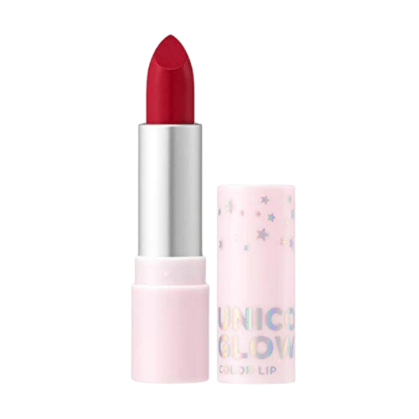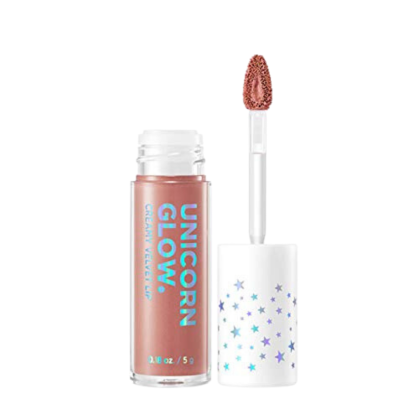All products featured on Glossy Pop Shop are independently selected by our editorial team. However, when you buy something through our retail links, we may earn an affiliate commission.
With clean and sustainable ingredients, packaging and distribution now top priorities within the beauty industry, it’s only right that we kick off Earth Month by highlighting a handful of brands at the forefront of the movement.
Clean beauty has had quite the run in beauty, with the phrase’s origins dating back to the early ’90s. Since its inception, however, it’s taken on a life of its own. In 2022, the global clean beauty market was valued at $7.22 billion. And by 2028, the market is expected to at least double in size, reaching $14.36 billion in value, according to market research company Research and Markets.
“[Clean beauty] is no longer a trend, but rather where the industry as a whole is headed,” beauty brand founder Tata Harper said in an interview this year with The New York Times. “[Spreading that word] is a necessary step in reducing the detrimental impacts of the beauty industry on the environment.”
Though the term has still yet to be officially defined, industry experts describe products that are considered “clean” as non-toxic, free of harmful ingredients and inclusive of the ingredients mentioned in their labeling. Using this guideline as a standard, the E.U. has banned more than 1,300 ingredients from use in cosmetics. And in Canada, around 500 ingredients are banned from usage. Currently, the U.S. has only banned 11 ingredients from cosmetics.
Nearly three decades into what is now considered the clean beauty movement, founders and retailers are capitalizing on consumers’ increasing demands for transparent beauty. In 2014, Annie Jackson launched what is considered the leading clean beauty retailer, Credo Beauty. And Detox Market, a Venice, California pop-up founded in 2010, has since expanded to international markets. New and legacy clean brands are also scaling as a result of increased consumer interest.
As the future of clean beauty continues to evolve, many brands are adjusting their ingredients and products to accommodate the changes. From a clean, Black-owned hair-care brand that’s on the rise to a personal-care brand that recently received its B-Corp certification, our earth-conscious beauty recommendations below are the latest worth shopping.
Briogeo
Founded by Nancy Twine in 2013, Briogeo prides itself on being free of the major toxic chemicals found in most hair-care products. Though the brand is catered to textured hair, its products suit an array of hair-care needs. In May 2022, Briogeo was acquired by beauty corporation Wella Company for an undisclosed amount. Under Wella, Briogeo will continue to develop “clean” products and expand the brand’s footprint to international markets.
Vintner’s Daughter
When April Gargiulo founded Vintner’s Daughter in 2013, she made sure to infuse the brand’s core values of social and environmental responsibility into every product. As a result, Vintner’s Daughter has managed to maintain an impressive list of certifications, including Carbon Neutral, Platinum Green Certified and certified cruelty-free, which it received through the Leaping Bunny Program. Most recently, the brand also received its B-Corp Certification for its social and environmental performance. As part of Vintner’s Daughter’s 10th anniversary, it has released a new “category-defining” product, the Active Renewal Cleanser.
Grown Alchemist
Grown Alchemist is a sustainable skin-care and body-care brand with scientifically-innovative ingredients behind its success. The Australian brand was created by brothers Keston and Jeremy Muijs in 2008. In early April, the brand will launch a skin renewal range consisting of three new products: Skin Renewal Serum, Skin Renewal Day Cream and Skin Renewal Mask.
Korres
Greek skin-care brand Korres is passionate about ensuring the brand prioritizes sustainability, from ingredients to packaging. Founded in 1996 by wife and husband duo Lena Philippou-Korres and Giorgos Korres, Korres is inspired by homeopathic remedies, ancient science and bioculture. Through its innovative work, Korres is also working to protect and sustain Greece’s unique flora and agriculture community.
Selfmade
Founded by Stephanie Lee in 2020, Selfmade is changing the beauty narrative. It’s unafraid to challenge the nuances of the clean beauty movement, from manufacturing to distribution. Plus it bases its products on the pillars of emotional health and mental health. In addition, Selfmade uses recycled packaging and remains transparent about its sustainability efforts to consumers.
Kitsch
Known for its viral heatless curling set, Kitsch is a beauty brand redefining the oftentimes complicated hair-care routine. Founded by Cassandra Thurswell in 2011, it focuses on simple, high-quality products that are Leaping Bunny-certified, as well as sustainable packaging. Additionally, all of Kitsch’s bottleless shampoos and conditioners are made in the U.S. and play into its goal of reducing single-use plastic.
Hairstory
Though Hairstory understands the impact it has on the environment through its sheer existence, it is still actively working toward becoming a cleaner, more sustainable brand. By choosing the least toxic ingredients, as well as 100% natural fragrances and organic ingredients, Hairstory is making significant strides toward its goal. Founded in 2015 by Eli Halliwell, the brand not only strives to be as clean as it can be, but it also gives back. A portion of every New Wash sale is donated to water-related conservation nonprofits.
Unicorn Glow
Unlike many beauty brands, Unicorn Glow is not only cruelty-free, but it’s also PETA-approved. The K-Beauty makeup brand, founded by John Lee in 2019, is known for its playful products and nature-derived ingredients.
Shop more Pop-approved products at the Glossy Pop Shop, here.

